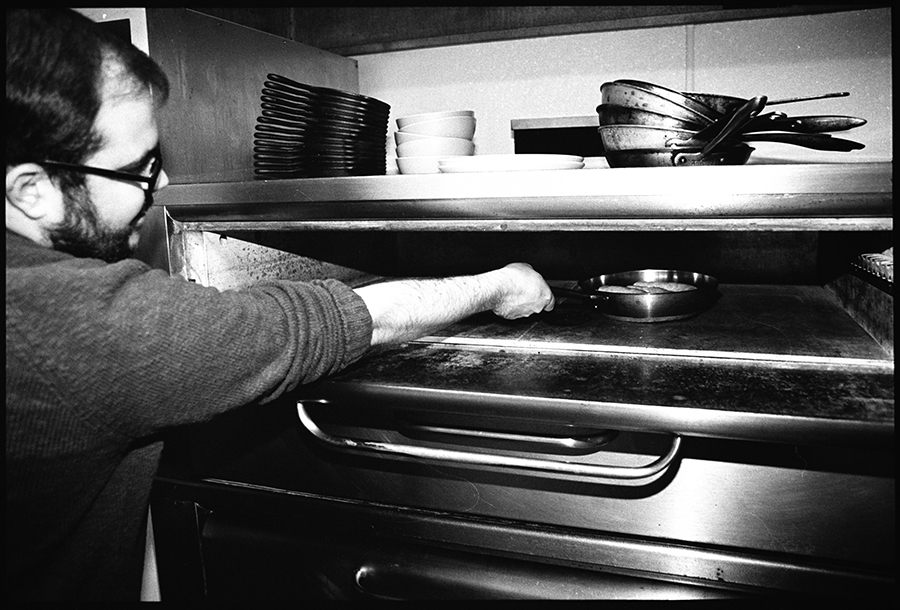Since it opened in Inverness over three years ago, Saltwater Oyster Depot has done a lot with a little—that is, with two small . . .
Saltwater seeks hungry investors for oven upgrade


Since it opened in Inverness over three years ago, Saltwater Oyster Depot has done a lot with a little—that is, with two small . . .